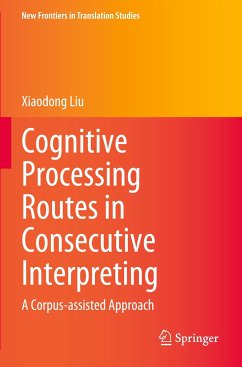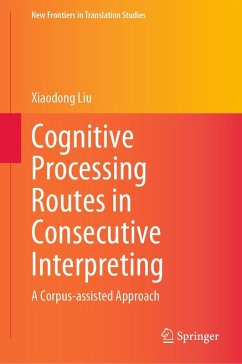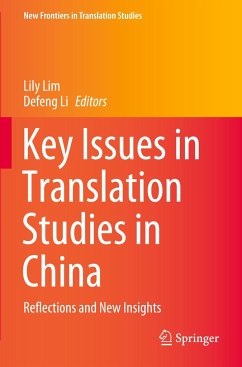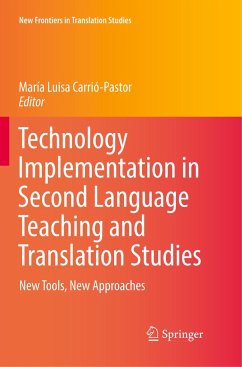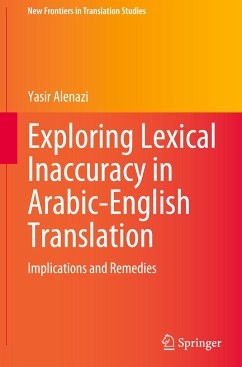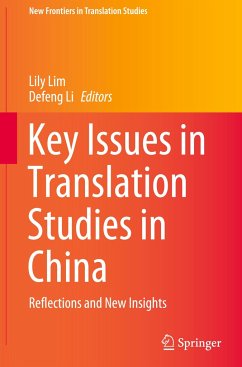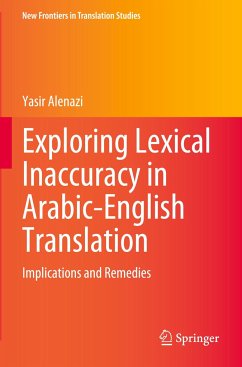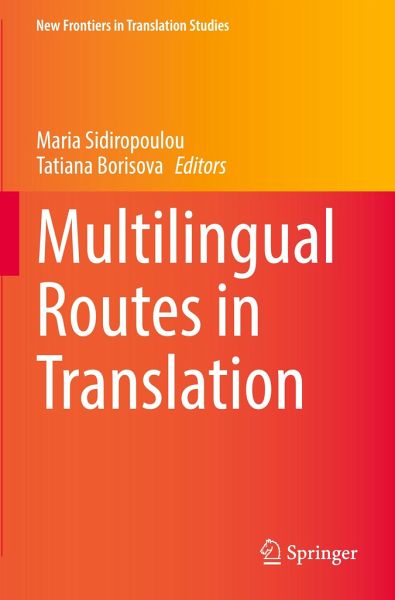
Multilingual Routes in Translation
Versandkostenfrei!
Versandfertig in 6-10 Tagen
98,99 €
inkl. MwSt.

PAYBACK Punkte
49 °P sammeln!
This book tackles the interface between translation and pragmatics. It comprises case studies in English, Greek, Russian and Chinese translation practice, which highlight the potential of translation to interact with pragmatics and reshape meaning making in a target language in various pragmatically relevant ways. Fiction and non-fiction genres merge to suggest a rich inventory of interlingual transfer instances which can broaden our perception of what may be shifting in translation transfer. Authors use an emic approach (in addition to an etic one) to confirm results which they often present ...
This book tackles the interface between translation and pragmatics. It comprises case studies in English, Greek, Russian and Chinese translation practice, which highlight the potential of translation to interact with pragmatics and reshape meaning making in a target language in various pragmatically relevant ways. Fiction and non-fiction genres merge to suggest a rich inventory of interlingual transfer instances which can broaden our perception of what may be shifting in translation transfer. Authors use an emic approach (in addition to an etic one) to confirm results which they often present graphically. The book has a didactic perspective in that it shows how pragmatic awareness can regulate translator behaviour and is also useful in foreign language teaching, because it shows how important implicit knowledge can be, in shaping the message in a foreign language.






